![]()
The Organic Path to Healthier Plants and a Happier Planet
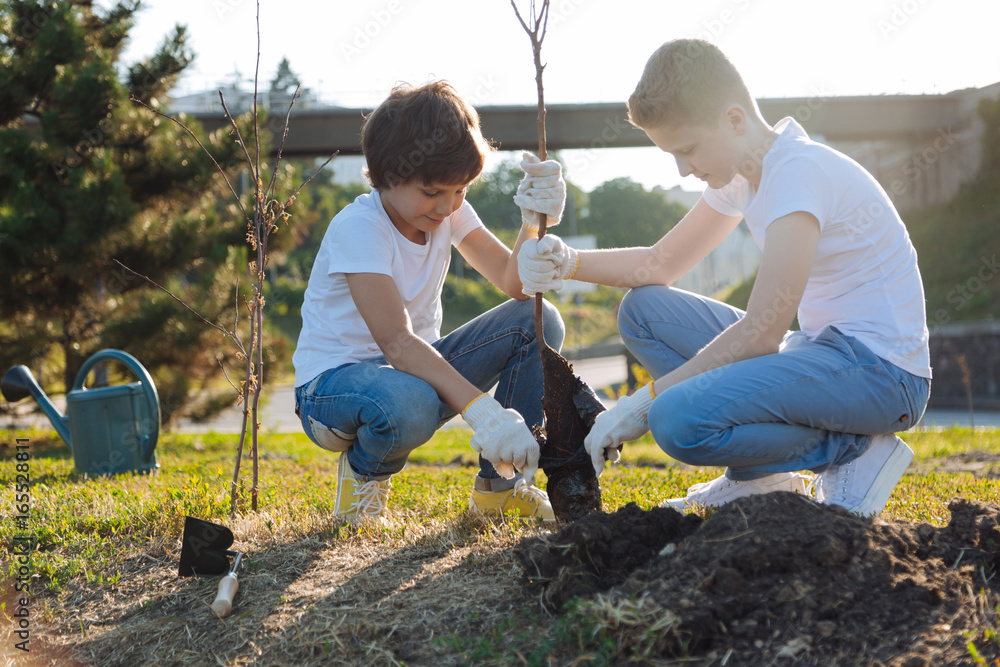
In today’s rapidly changing world, where environmental degradation is becoming increasingly apparent, turning to nature is not just an option—it’s a responsibility. Gardening has evolved from a mere hobby into a meaningful way to care for the planet and contribute to its well-being. Opting for the organic path to healthier plants not only leads to lush, vibrant gardens but also promotes sustainable practices that nurture both the Earth and our spirits.
Why Go Organic?
Organic gardening is based on a simple yet profound philosophy: coexist with nature, don’t fight it. By avoiding harmful synthetic chemicals, pesticides, and fertilizers, it minimizes pollution, protects water sources, and preserves soil health. Instead, organic gardening focuses on natural inputs—such as compost, manure, green waste, and bio-fertilizers—that nourish the soil and boost plant vitality.
Choosing the organic path to healthier plants means you’re committing to a sustainable cycle that restores, rather than depletes. You’re not just feeding your plants; you’re nurturing the entire ecosystem beneath them.
1. The Secret Beneath the Soil: Building Living Soil Health
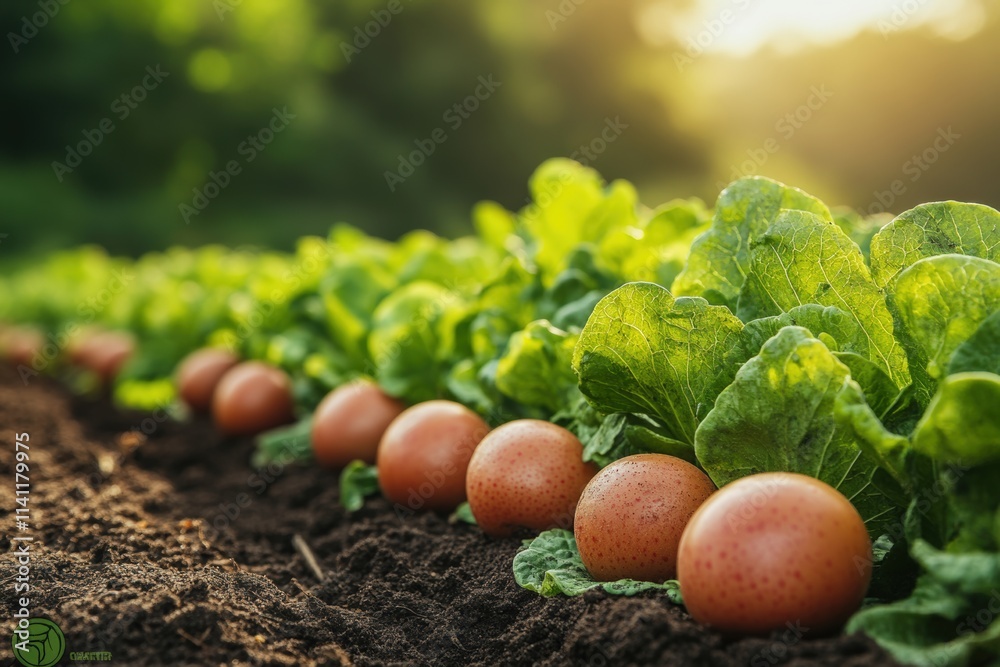
Healthy soil is the backbone of any successful garden. Organic gardeners view soil as a living organism, teeming with beneficial worms, fungi, microbes, and bacteria that all contribute to plant health. While chemical fertilizers can provide a quick nutrient boost, they often damage this vital underground ecosystem.
How to Build Soil Health Organically:
- Compost: Apply well-rotted compost to improve soil texture and increase nutrient content.
- Crop rotation: Alternate plant species each season to prevent nutrient depletion and reduce pest buildup.
- Mulch: Spread organic mulch to maintain moisture, reduce weeds, and add nutrients as it breaks down.
- Cover crops: Grow cover crops like clover or rye to enrich soil during the off-season and reduce soil erosion.
These techniques ensure that your soil remains healthy and supportive of plant growth, boosting immunity and promoting strong, vibrant plants.
2.Organic Fertilizers for Stronger Organic Plants
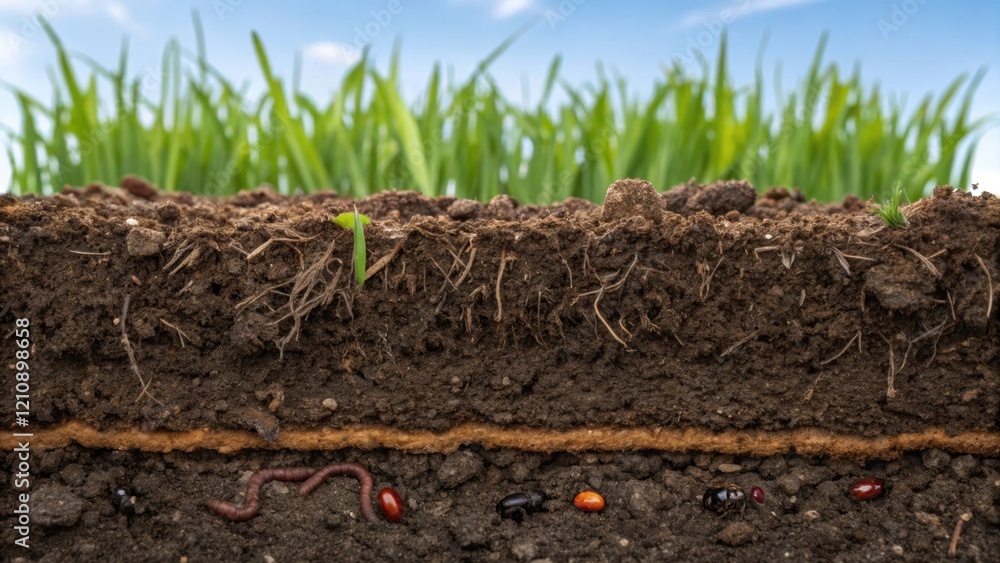
Plants require essential nutrients like nitrogen, phosphorus, potassium, calcium, magnesium, and trace minerals. The organic path to healthier plants involves providing these nutrients through natural materials that decompose gradually, enriching the soil over time.
Top Organic Fertilizers:
- Compost: Packed with a variety of nutrients, it’s easy to make at home.
- Worm castings: Full of beneficial microbes and enzymes that promote healthy plant growth.
- Fish emulsion: A nitrogen-rich fertilizer ideal for leafy vegetables.
- Banana peel tea: A natural source of potassium and phosphorus.
- Bone meal and blood meal: Excellent for supporting root and flower growth.
Unlike synthetic fertilizers, which can damage plant roots or lead to nutrient imbalances, these organic alternatives work in harmony with nature to foster long-term plant health.
3.Natural Pest Control to Protect Organic Plants
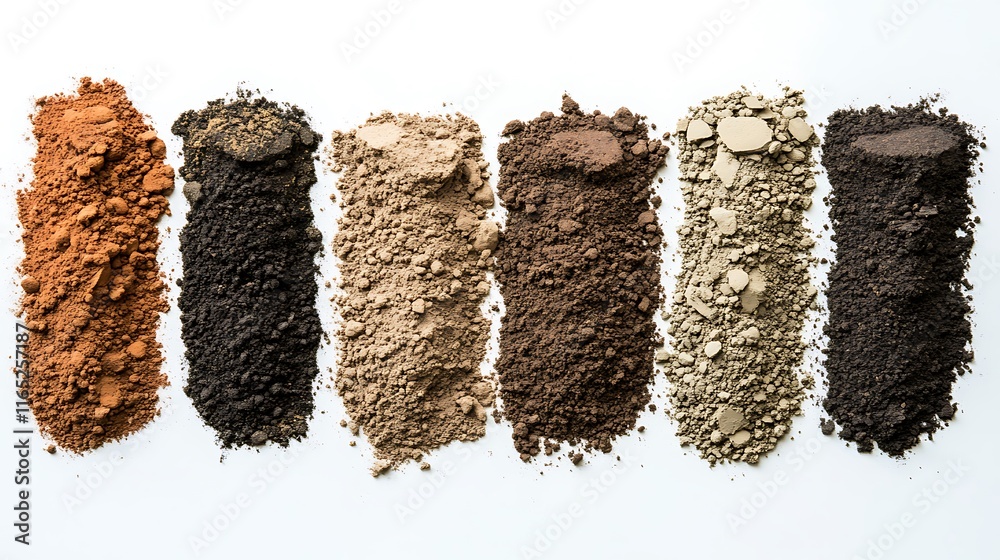
Choosing organic gardening doesn’t mean you have to abandon pest control. Instead, it’s about using safer, non-toxic methods to manage pests without harming the rest of your garden or pollinators like bees and butterflies.
Organic Pest Management Methods:
- Neem oil: Effective for controlling soft-bodied insects like aphids and mealybugs.
- Companion planting: Use plants like marigolds to repel harmful nematodes and attract beneficial insects.
- Diatomaceous earth: A natural way to deter crawling pests like ants and slugs.
- Garlic and chili sprays: Natural repellents that discourage insects without toxic chemicals.
By using these organic solutions, you can maintain a healthy, balanced garden that thrives naturally.
4. Composting: Turning Waste into Gold
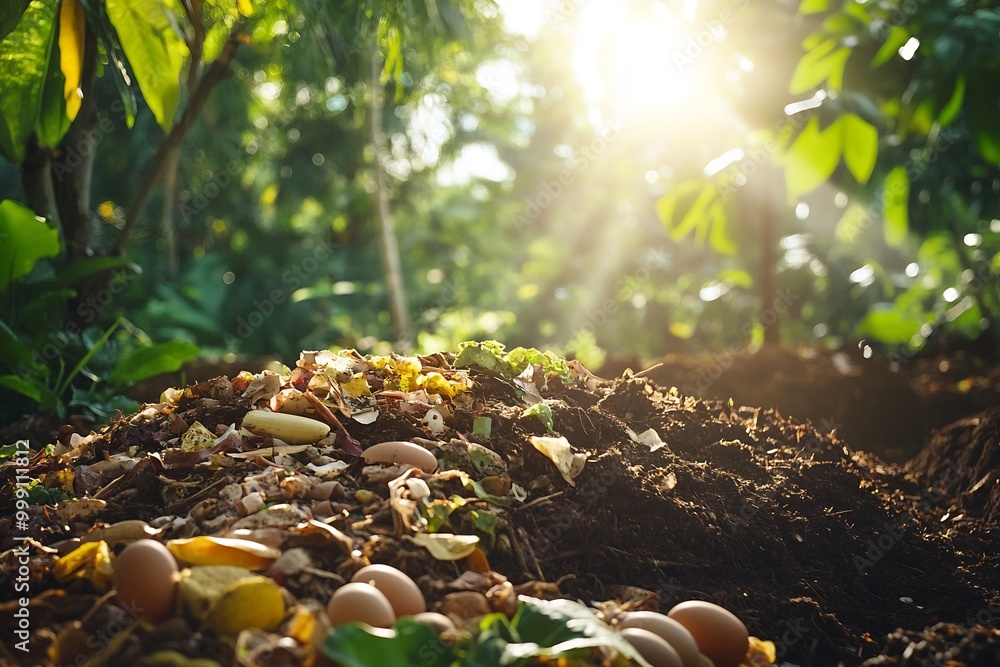
One of the core principles of organic gardening is reusing what nature offers. Composting is the process of transforming kitchen scraps and yard waste into a nutrient-dense soil amendment that supports plant growth.
Composting 101:
- Browns: Dry leaves, paper, and twigs that provide carbon.
- Greens: Vegetable peels, fruit scraps, and grass clippings that provide nitrogen.
Layer these materials, keep them moist, and turn them regularly. In a few weeks, you’ll have rich, dark compost ready to enhance your soil’s fertility, reduce waste, and help your plants thrive.
5. Mindful Watering: Hydration with Purpose
Watering is an essential part of plant care, but the organic path to healthier plants involves more than just turning on the hose. Overwatering or poor timing can lead to root rot and nutrient leaching, wasting precious resources.
Watering Tips for Organic Gardens:
- Water early in the morning or late afternoon to reduce evaporation and ensure the water reaches plant roots.
- Use mulch: It helps retain soil moisture and reduce the need for frequent watering.
- Install drip irrigation: Delivers water directly to the roots, reducing water waste.
- Harvest rainwater: A chemical-free, eco-friendly way to water your plants.
By practicing mindful watering, you’re conserving water and promoting healthy plant growth at the same time.
6. Sustainable Planting for Thriving Organic Plants
Organic gardening is about more than just what goes into the soil. It’s about fostering biodiversity, supporting local ecosystems, and reducing your carbon footprint.

Planet-Friendly Gardening Ideas:
- Plant native species: They require less maintenance and support local pollinators and wildlife.
- Avoid peat moss: It’s harvested unsustainably and damages natural habitats.
- Grow edible plants: Incorporate herbs, vegetables, and fruits into your garden to promote self-sufficiency.
- Recycled containers: Use upcycled materials like old pots or containers to create garden beds.
Gardening organically not only supports a healthier environment but also helps preserve and restore the natural world around us.
Final Thoughts: Gardening for a Greener Future
Embracing the organic path to healthier plants isn’t just about cultivating beautiful gardens—it’s about making a lasting, positive impact on the planet. From enriching the soil with organic fertilizers to practicing sustainable pest control and mindful watering, every choice you make supports a greener, healthier future for generations to come.
So, whether you’re planting a few herbs on your windowsill or transforming your backyard into a lush oasis, remember: gardening organically is a powerful way to contribute to a healthier planet—one plant at a time.
If you want to read more articles related to organic fertilizer, click the links below
Organic vs Chemical Fertilizers – Which is Better?
7 Easy DIY Organic Fertilizer Recipes for Healthy Plants


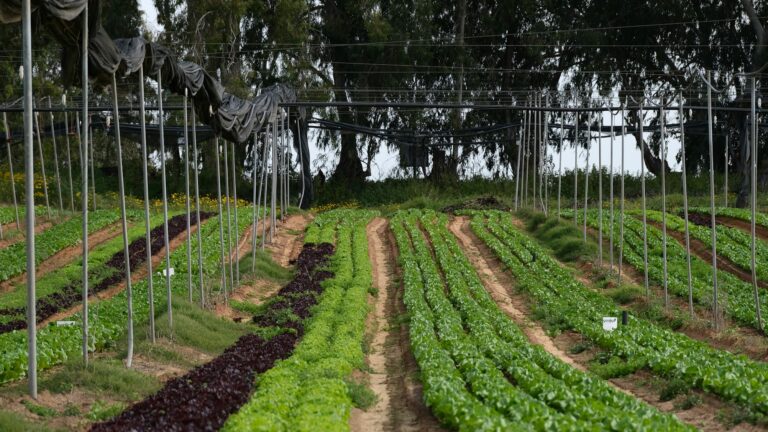
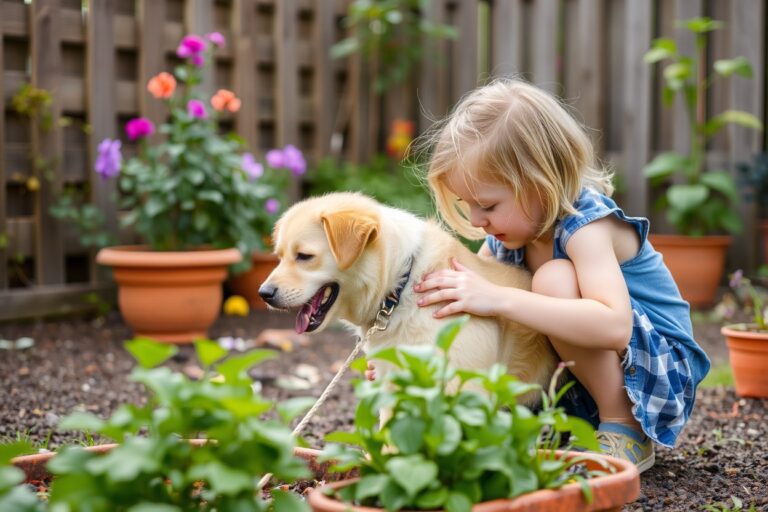




[…] https://greensoulpk.com/organic-plants-healthier-gardening/ […]
[…] The Organic Path to Healthier Plants and a Happier Planet […]